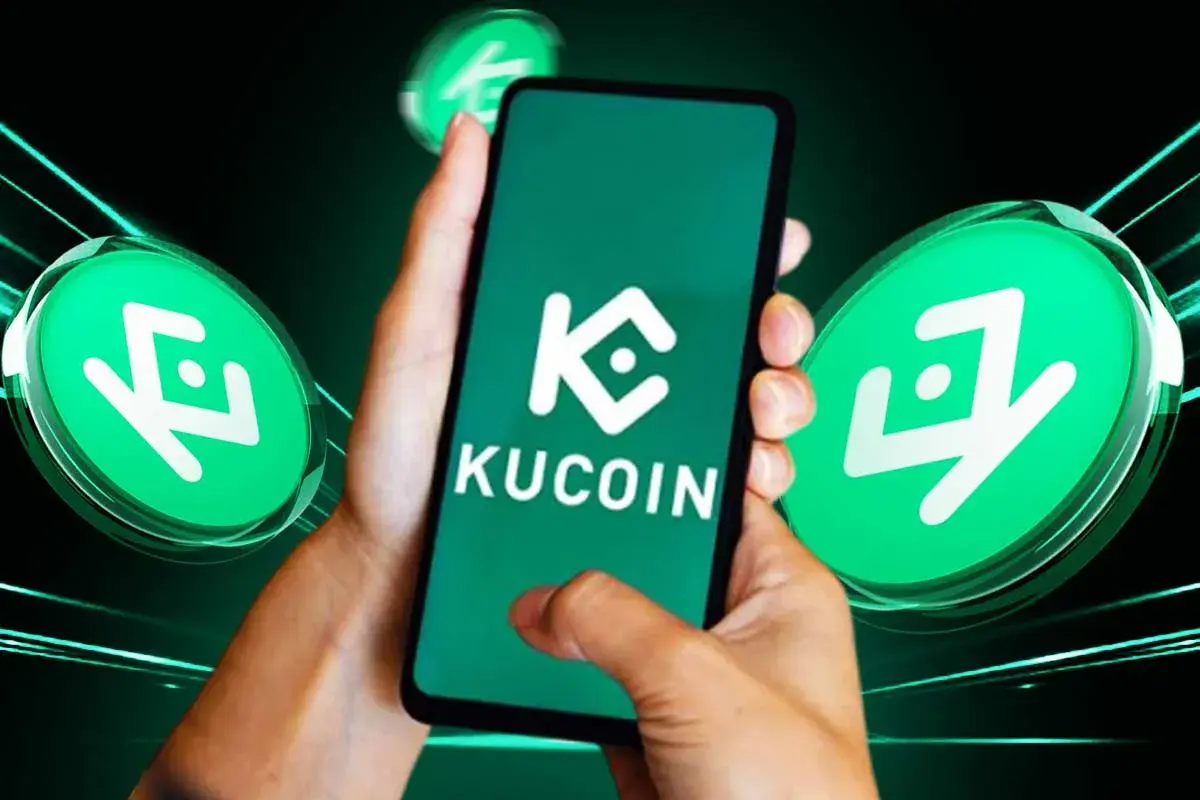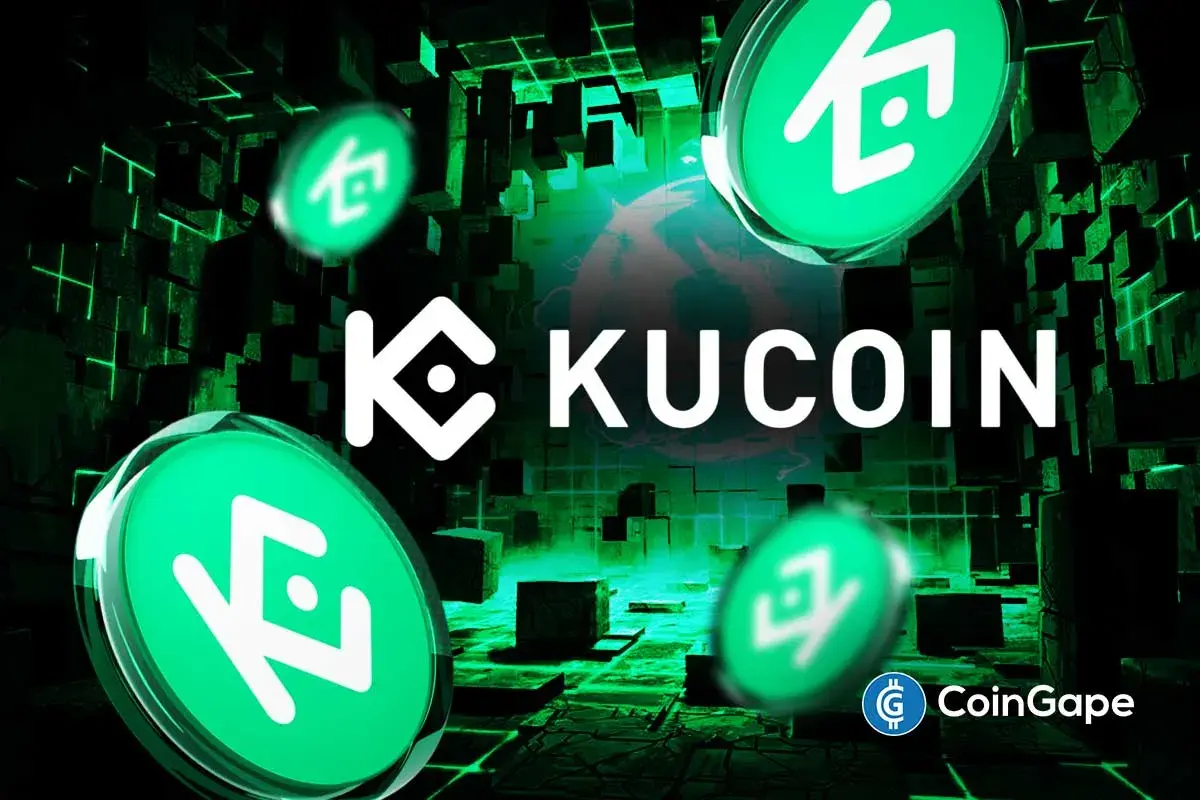KuCoin Crypto Exchange In Trouble? Dutch Central Bank Thinks So

On Thursday, the Dutch central bank issued a statement claiming that the cryptocurrency exchange KuCoin is operating in the Netherlands without having the proper registration to do so. According to a statement released by the bank, KuCoin is a subsidiary of a business called MEK Global Limited (MGL), which is registered in the Seychelles.
KuCoin Lacks Legal Registration
As per De Nederlandsche Bank (DNB), customers of the exchange are not breaking the law, but they may be at an increased risk of becoming involved in money laundering and illegal methods of financing terrorism.
KuCoin, which does not have a license in the United States, however, is one of the leading cryptocurrency exchanges globally in terms of the trading volume.
Read More: Announcing KuCoin’s $10 Million Strategic Investment From SIG
It operates in over 200 countries and ranks among the highest in number of users, mostly due to its low trading fees in comparison to its rivals. In October of 2019, the exchange opened for business in the Netherlands.
KuCoin’s Proof Of Reserves
On other recent news, KuCoin recently released its proof-of-reserves to usher in transparency, with the help of a leading audit firm Mazars. The report prepared by Mazars concluded that KuCoin’s BTC, ETH, USDT and USDC reserves are overcollateralized, which are 101%, 100%, 102% and 101% respectively.
While speaking about its reserves, Johnny Lyu, CEO of KuCoin, commented that,
As a people’s exchange, we value users’ trust in us and commit to ensuring that we contribute in every way to building a culture of transparency in the industry. Our cooperation with Mazars is just one of the measures to ensure we follow through on that commitment to our users.
Read More: How Proof Of Reserve Works?
Customers’ main, trade, margin, robot, contract, high frequency trading, pool, risk, and trust accounts for BTC, ETH, USDT, and USDC were among the few parameters that were analysed as part of the collateralization audit.
- Breaking: U.S. CFTC Moves To Defend Polymarket, Kalshi From Regulatory Crackdown By State Regulators
- Breaking: Michael Saylor’s Strategy Adds 2,486 BTC Amid Institutional Concerns Over Quantum Threat To Bitcoin
- Ripple CEO Hints Crypto Bill Is Near Deal, Sets April as Approval Timeline
- Wall Street Giant Signals XRP Price ‘Long Winter’ After Cutting Target By 65%
- Shark Tank Kevin O’Leary Warns Bitcoin Crash as Quantum Computing Threats Turns Institutions Cautious
- 5 Things Dogecoin Price Needs to Hit $0.20 in Feb 2026
- Bitcoin Price Prediction as Experts Warns of Quantum Risks
- Dogecoin, Shiba Inu, Pepe Coin Price Predictions As BTC Crashes Below $68k
- Ethereum Price Outlook as Harvard Shifts Focus from Bitcoin to ETH ETF
- HOOD and COIN Stock Price Forecast as Expert Predicts Bitcoin Price Crash to $10k
- XRP Price Prediction Ahead of Supreme Court Trump Tariff Ruling


















